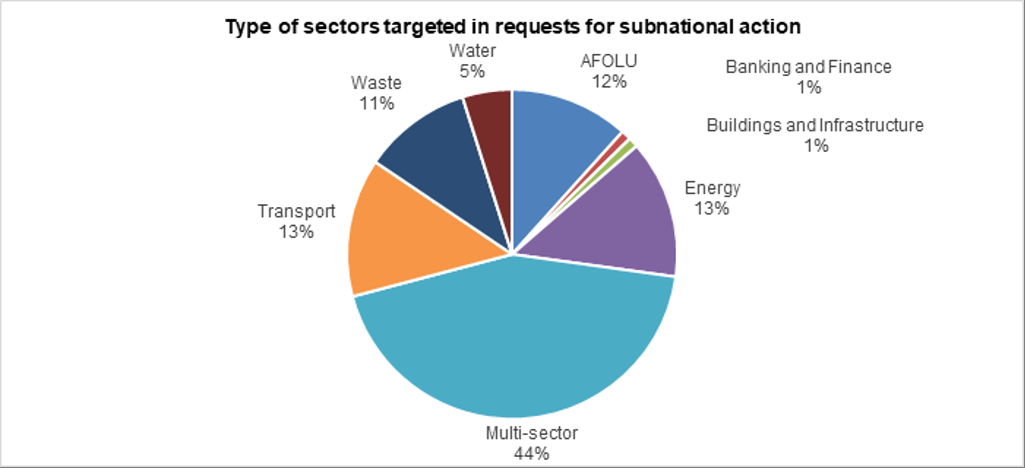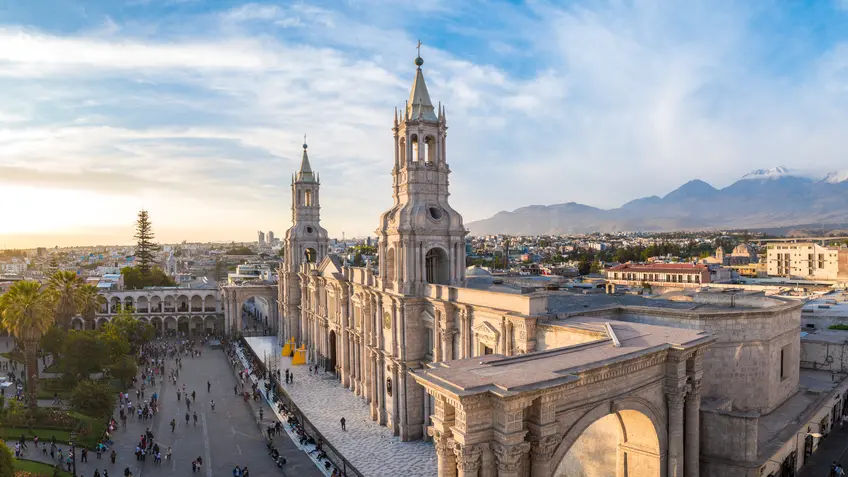New NDC Partnership Insight Brief on Subnational Climate Action
Subnational governments and local stakeholders are key implementers of national policies. They have access to critical climate, social and economic data, allowing them to identify and address local contributions to adaptation and mitigation, local GHG emissions, and the local impacts of climate change.
The importance of subnational governments is recognized in the Paris Agreement. At COP 25, in Madrid, 15 subnational governments and 398 cities committed to become carbon neutral by 2050. The UK, incoming President of COP 26, has called for this to increase tenfold before November 2020 (as mentioned by Climate Home News).
However, coordinating the actions of subnational governments with the national level—or receiving formal recognition in international fora—can remain a challenge. For instance, while two-thirds of NDCs (113 out of 164) reference the urban dimension of climate action, the development of most NDCs lacks the meaningful involvement of subnational actors (UN Habitat).
While NDC Partnership member countries are represented by national governments, these governments increasingly request support for engaging with subnational actors. As of February 2020, the Partnership has received 134 requests on subnational action from 36 countries (26 on NDC implementation and 23 on NDC enhancement).
Of the NDC implementation requests, 21 percent are focused on mitigation measures, nearly 11 percent are focused on adaption, and the majority (68 percent) are associated with measures that benefit both mitigation and adaptation efforts, like establishing policy frameworks, consultation processes and finance strategies (see Figure below). Most of these requests are being addressed through the NDC Partnership, with support provided by Partnership members such as Germany, UNDP, the World Bank, WRI, FAO, and ICLEI.
More generally, the experience of the NDC Partnership shows that:
- Subnational government engagement with national governments is increasing, and vertical climate action components are increasingly detailed in NDC implementation plans (for instance in Partnership Plans, i.e. tools to organize a country’s NDC priority activities and match them with Partnership member support and in-country stakeholders).
- Requests for Support in subnational action includes a broad range of topics and sectors (see Figure below).

Source: NDC Partnership
The Insight Brief shows how the NDC Partnership is involved in local climate action through:
- Conducting multi-stakeholder consultations at the local level and/or involving subnational actors.
- Establishing local climate plans.
- Supporting local implementation and finance.
It also provides examples of local climate actions from NDC Partnership members, including Indonesia, the Republic of Marshall Islands, Peru, Colombia, Nepal, the Dominican Republic, Zimbabwe, and Mexico.
Read our Insight Brief on “Engaging Subnational Governments in Climate Action”
